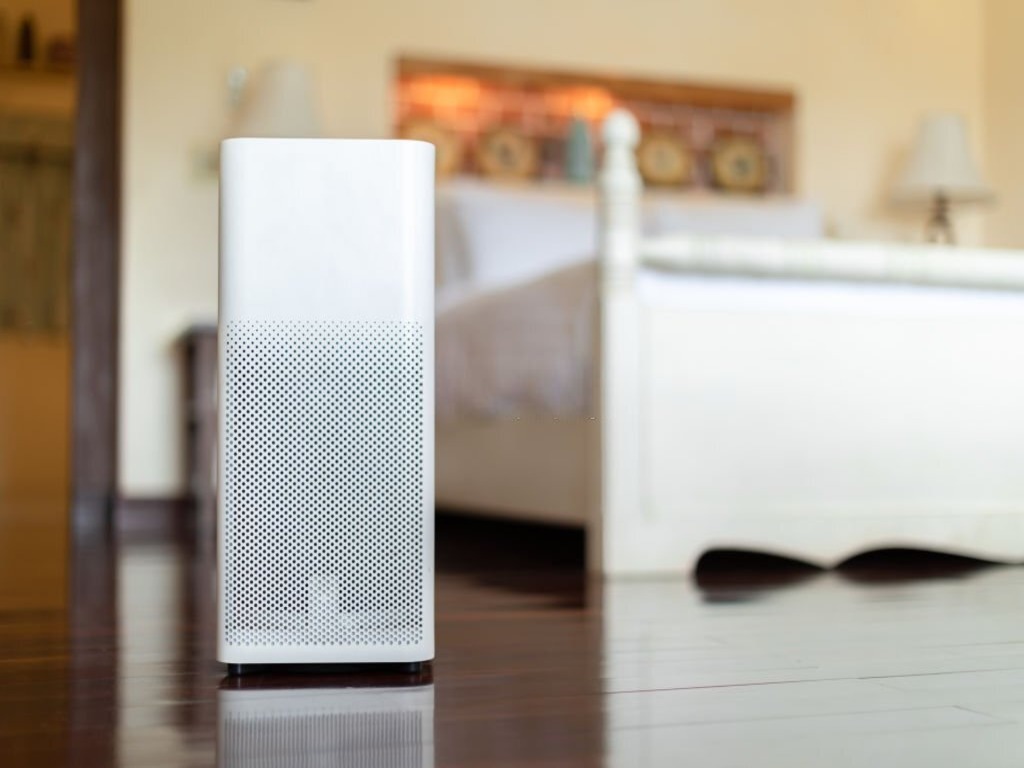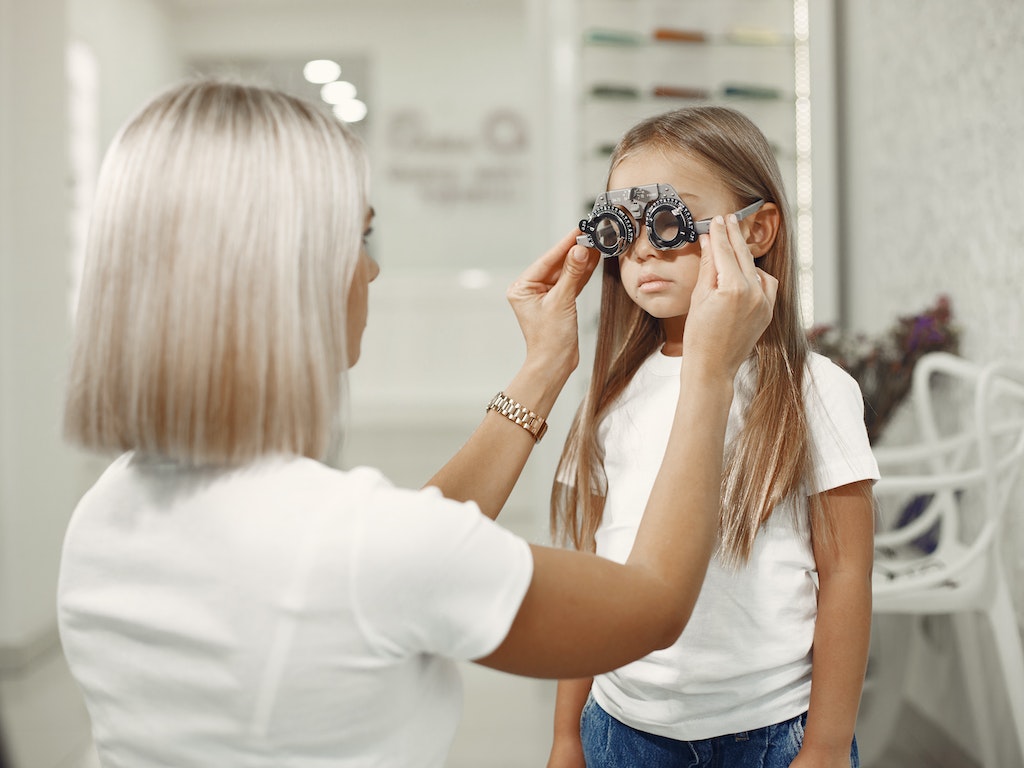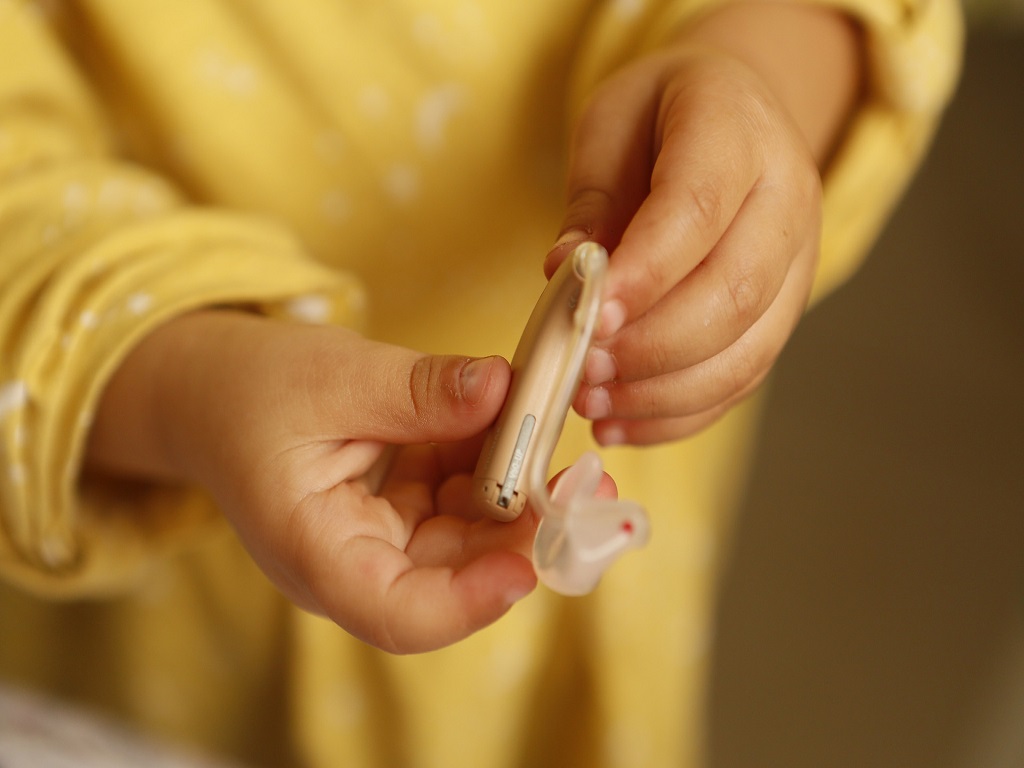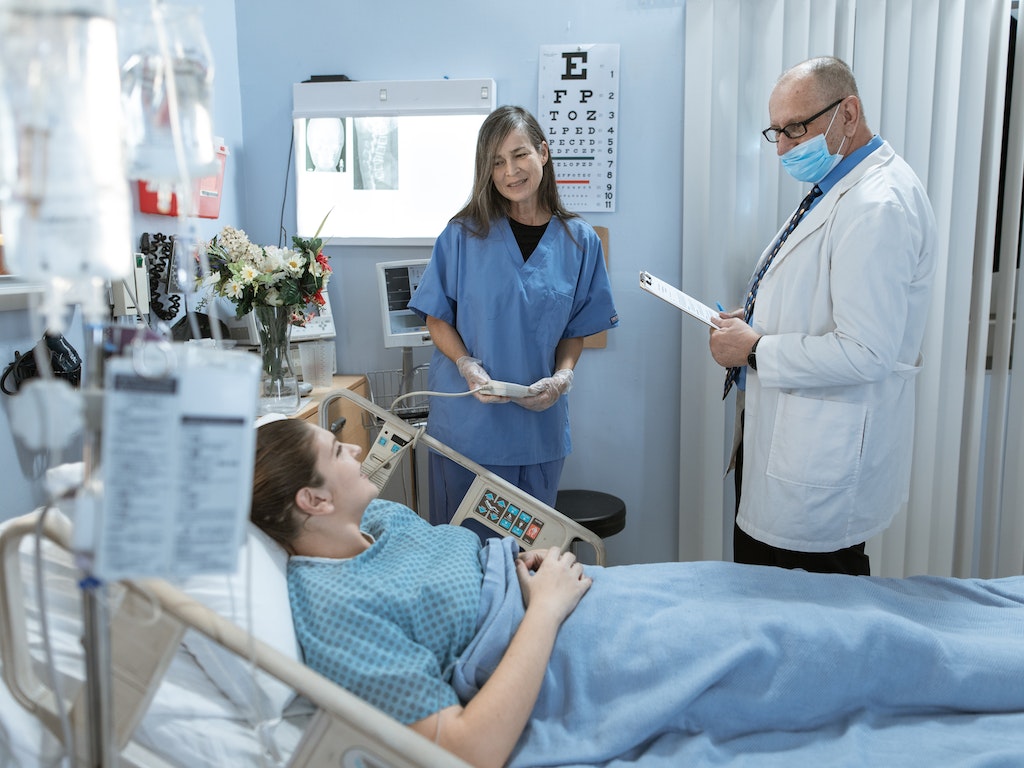
It’s time to clear the air on something: There’s no simple answer to questions like, “What kind of air purifier should one buy?” or “Does one need to invest in a HEPA filter?” Nobody wants a readymade and paid-for endorsement to seal the deal for them.
One can, however, make informed choices. Before buying a HEPA filter, here are some things one should know.
The Fundamentals of Air Filters
For starters, there isn’t such a thing as an “air purifier” or an air filter that purifies the air, as the name implies. Any air cleaner can only filter out small particles that pass through the filter. Some units equipped with ultraviolet (UV) lights kill viruses and bacteria, but this doesn’t completely purify the air you breathe.
HEPA (high-efficiency particulate air) filters capture 99.7 percent of all particles 0.3 microns or smaller (too small to see, but the perfect size to penetrate your lungs). This size includes all common allergens, including smoke, pollen, dust mite dander, mold, animal dander, and a few small smoke and pollution particles.
The most popular HEPA filters are found in vacuum cleaners and freestanding air purifiers. Buyers should be cautious if the label says “HEPA-like.” It could mean anything, but it’s not a HEPA-filtered unit.
Before Purchasing an Air Filter
– Reduce outside air particles entering the home.
– Replace outdated and inefficient windows.
– Caulk window frames to prevent insects, pollen, mold, and moisture from penetrating inside.
– Insulate your home and seal foundation cracks.
Carpeted homes are a breeding ground for allergens. Choose smooth-surfaced flooring and furniture that can be easily damp-mopped or dusted on the inside. Most particles that cause allergy and asthma symptoms are airborne for a short period before settling as dust.
Whole-House Systems
If a person has a central HVAC system, they must first talk to a reputable contractor about replacing the manufacturer’s filter with an approved furnace filter with a Minimum Efficiency Rating Value of 11 or 12 and set the fan to run continuously. The air in the home will be drawn through the filter, removing particles as small as 2 microns.
To protect the life of the equipment and ensure that air passes through the HEPA filter rather than around it, a whole-house HEPA filter should be installed by a professional HVAC company and appropriately sized for the air handling unit. Inadequately sized air filtration systems may void the manufacturer’s warranty and cause the unit to ice or burn out. Remember to replace the filter regularly, about every three months.
Room Air Cleaners
A HEPA room air cleaner may be useful in homes that don’t have central HVAC. Cleaning up the accumulated dust and keeping pets out of the bedroom are still necessary measures. The air cleaner in the room should be powerful enough to clean the air. Don’t expect it to clean the entire house. Remember that it will only capture particles that pass through the air filter.
The appliance industry has established a Clean Air Delivery Rate (CADR) to help consumers match the right room air cleaner to the right room.
Never buy “air purifiers” that produce ozone. According to the EPA, ozone is a respiratory irritant that can aggravate allergy or asthma symptoms.
Filters like ULPAs (ultra-low penetration air) used in specific industrial, scientific, or clean room environments are not appropriate for use in a domestic setting. They are intended for use in closed environments where the air is cleaned before entering the room and then vented out of the building.





